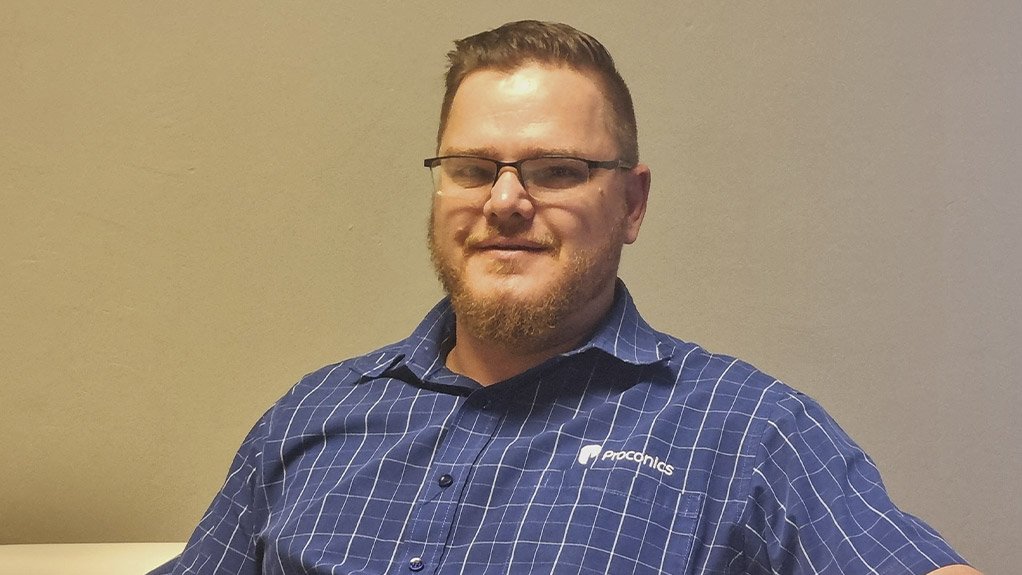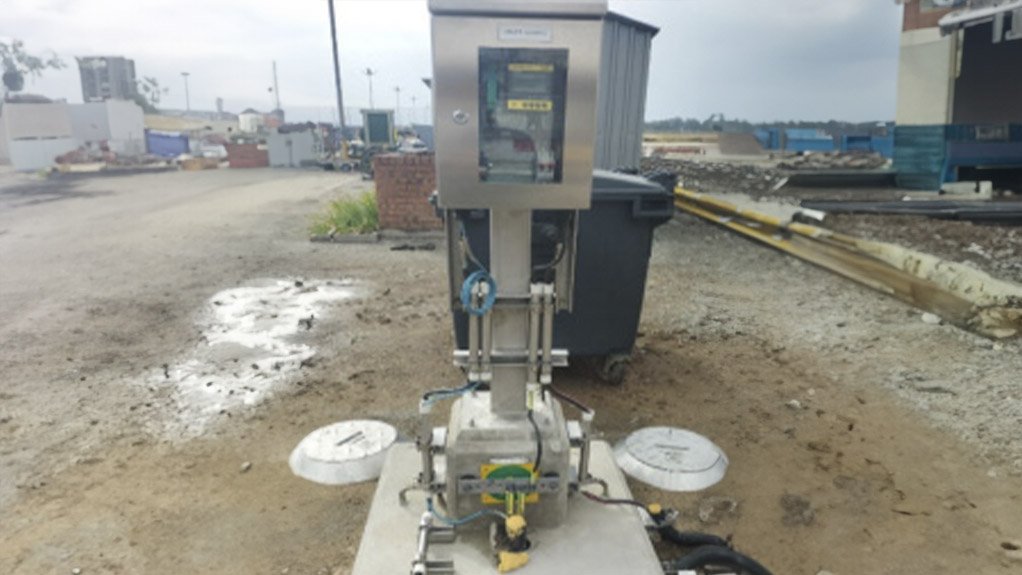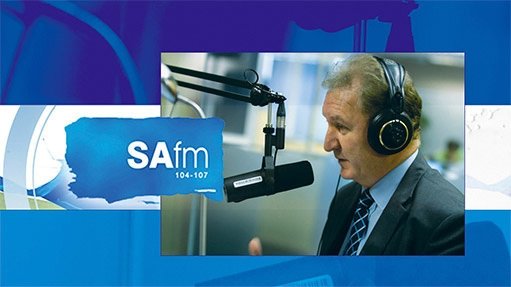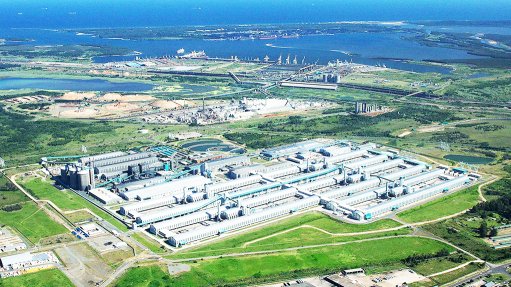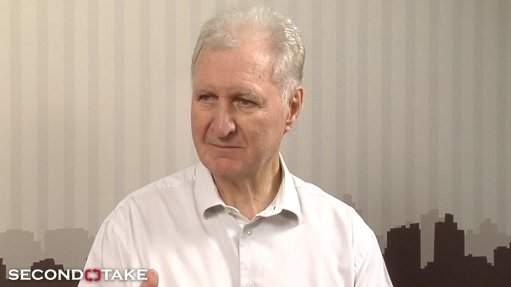Measuring is knowing
In any control and instrumentation (C&I) project, the ultimate goal is to pinpoint the essential process variables and ensure their precise measurement. Accurate measurement of these identified variables is the linchpin of process control, enabling operations personnel to make informed decisions and take necessary actions.
Reflecting on a specific project, it becomes evident how critical this principle is. The project revolved around the expansion of a plant and the subsequent increase in load on the original plant catchment dams. The initial approach had been manual operation, with limited local level indications and outdated motorised actuators regulating the gates feeding the collection dams. This process was designed to release water to the nearby river within parameters specified in the plant's water usage license.
However, studies revealed a significant challenge. While the cumulative catchment dam volume appeared adequate, the manual operation of dam inlet gates proved too slow to effectively manage the required 1:50-year rainstorm event volumes. This inadequacy risked uncontrolled overflow into the nearby river and the environment, a clear violation of the National Water Act (Act 36 of 1998).
The project's primary objective was to accurately measure the inlet flows to the catchment dams. These measurements would then be used to predict and address potential flash flood scenarios by automating the gates based on individual dam capacity (as determined by level measurements). This automation aimed to prevent environmental incidents caused by uncontrolled overflow into the river system.
Two main sources of flow to the catchment dams were considered: stormwater open channels and the closed sewer system.
Initially, various flow measurement options for the stormwater open channels were explored, including Parshall flumes, weirs and Manning calculation-based installations. Recognising the construction costs and obstructions these options would introduce, the need for a solution that did not impact existing channels became imperative.
The Manning calculation-based installation, while cost-effective, offered lower accuracy than Parshall flumes and weirs. To address this limitation, a solution capable of measuring flow velocity was sought. After rigorous testing and client consultation, a laser flow solution combining ultrasonic level measurement and flow velocity measurement using laser technology was chosen.
For the closed sewer measurement, a different approach was required owing to hazardous area classification, multiple locations and accuracy considerations. The installation featured solar power with battery backup, wireless technology for signal relay, and a Manning calculation-based approach owing to its suitability.
Physical constraints demanded innovative solutions, such as replacing manhole covers with instrument-incorporated covers for safety and maintainability.
The outcome was a network of wireless, solar-powered level measuring stations accurately measuring sewer levels. The Manning equation was then applied to calculate volumetric flow, with calculations performed on newly installed PLCs for easy optimisation.
With flow measurements addressed, the next step was automating the process. A new PLC was specified, procured and installed, along with essential infrastructure like an industrial UPS installation, a rack room with HVAC, operator consoles, HMIs, and integration into the plant's process control network. Motorised actuators were added to automate dam inlet gates and existing local dam level measurements were integrated into the new PLC.
A control philosophy was developed, leveraging flow acceleration as a variable to predict flash flood events. Depending on specific dam levels, water would be routed to the appropriate dam by actuating the corresponding inlet gates.
This project, while primarily C&I-focused, underscored the importance of interdisciplinary collaboration. Electrical and civil engineering played crucial roles, emphasising the need for coordination and cooperation across disciplines in complex projects like these. The effort invested in managing these projects should never be underestimated. It is a testament to our commitment to excellence, continuous learning and partnership for mutual success.
Divan Pretorius is currently Principal Engineer & Engineering Manager at Proconics Holdings, where he leads C&I and multi-discipline projects, with specialised experience executing in brownfield environments and functional safety.
Comments
Announcements
What's On
Subscribe to improve your user experience...
Option 1 (equivalent of R125 a month):
Receive a weekly copy of Creamer Media's Engineering News & Mining Weekly magazine
(print copy for those in South Africa and e-magazine for those outside of South Africa)
Receive daily email newsletters
Access to full search results
Access archive of magazine back copies
Access to Projects in Progress
Access to ONE Research Report of your choice in PDF format
Option 2 (equivalent of R375 a month):
All benefits from Option 1
PLUS
Access to Creamer Media's Research Channel Africa for ALL Research Reports, in PDF format, on various industrial and mining sectors
including Electricity; Water; Energy Transition; Hydrogen; Roads, Rail and Ports; Coal; Gold; Platinum; Battery Metals; etc.
Already a subscriber?
Forgotten your password?
Receive weekly copy of Creamer Media's Engineering News & Mining Weekly magazine (print copy for those in South Africa and e-magazine for those outside of South Africa)
➕
Recieve daily email newsletters
➕
Access to full search results
➕
Access archive of magazine back copies
➕
Access to Projects in Progress
➕
Access to ONE Research Report of your choice in PDF format
RESEARCH CHANNEL AFRICA
R4500 (equivalent of R375 a month)
SUBSCRIBEAll benefits from Option 1
➕
Access to Creamer Media's Research Channel Africa for ALL Research Reports on various industrial and mining sectors, in PDF format, including on:
Electricity
➕
Water
➕
Energy Transition
➕
Hydrogen
➕
Roads, Rail and Ports
➕
Coal
➕
Gold
➕
Platinum
➕
Battery Metals
➕
etc.
Receive all benefits from Option 1 or Option 2 delivered to numerous people at your company
➕
Multiple User names and Passwords for simultaneous log-ins
➕
Intranet integration access to all in your organisation



